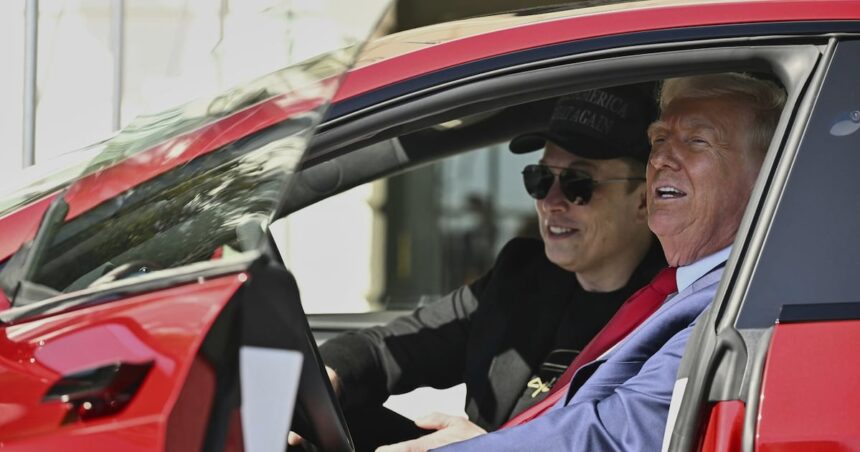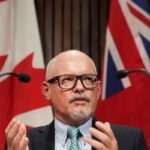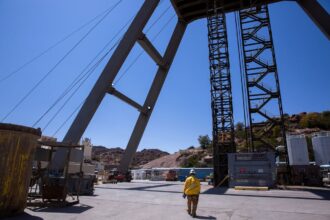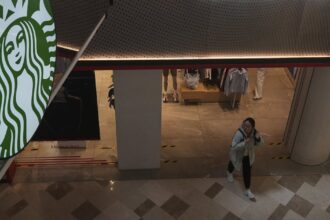Tesla’s market dominance continues to erode as second-quarter sales figures released yesterday show a staggering 28% drop compared to the same period last year. The prolonged consumer boycott, initially dismissed by CEO Elon Musk as “temporary noise,” has now stretched into its eighth month with no signs of abating.
At Tesla’s Fremont factory, production lines designed to churn out 8,000 vehicles weekly are now operating at just 65% capacity. This marks the third consecutive quarter of declining sales for the electric vehicle pioneer that once seemed untouchable in the EV marketplace.
“What we’re witnessing isn’t just a normal market correction,” explains automotive analyst Sophia Chen. “The data clearly shows a correlation between Musk’s increasingly controversial public statements and consumer purchasing behavior. Brand loyalty has definite limits, and Tesla is testing them.”
The boycott, which gained traction in late 2024 following Musk’s politically charged social media posts, has evolved into a sustained movement affecting the company’s bottom line. Former Tesla owner Marcus Williams, who recently traded his Model Y for a Rivian R1S, told me: “I loved my Tesla, but eventually, the constant association with controversy became too much. I just wanted a car, not a political statement.”
Competitors haven’t hesitated to capitalize on Tesla’s vulnerability. Chinese manufacturer BYD has increased its North American market share by 14% since January, while Ford’s F-150 Lightning saw sales surge 22% in June alone. Legacy automakers and new entrants alike are offering aggressive incentives specifically targeting Tesla owners looking to switch brands.
Wall Street has taken notice. Tesla shares have dropped 34% year-to-date, with institutional investors increasingly questioning the company’s growth trajectory. JPMorgan Chase analyst Sarah Kovalev downgraded Tesla stock yesterday, noting that “the sales decline appears structural rather than cyclical, with brand erosion occurring faster than anticipated.”
Tesla’s financial challenges extend beyond vehicle sales. The company’s energy division, once considered a promising growth driver, reported a 17% revenue decline last quarter. Meanwhile, the Supercharger network—recently opened to non-Tesla vehicles—has failed to generate the expected revenue boost, with utilization rates falling 12% compared to 2024.
Despite these headwinds, Tesla retains dedicated supporters. The company’s online forums remain active with owners defending both the vehicles and Musk himself. Tesla fan club president Darren Martinez argues: “Every innovative company faces backlash. Tesla is still years ahead in battery technology and self-driving capabilities.”
Musk has responded to the sales slump by announcing price cuts averaging $7,800 across Tesla’s lineup, effective immediately. However, industry analysts question whether discounting alone can overcome what appears to be a fundamental shift in consumer perception.
The boycott’s surprising resilience raises critical questions about celebrity CEO behavior in an era when consumers increasingly align purchasing decisions with personal values. For Tesla, the road ahead looks increasingly challenging as the company navigates not just technological competition, but also the consequences of its CEO’s public persona becoming inseparable from its products.
Will Tesla’s innovation engine eventually overcome the boycott headwinds, or has the company’s brand suffered lasting damage? For investors, employees, and the broader EV industry, the answer carries significant implications that extend far beyond quarterly sales reports.
























